5th Floor, West Tower, World Financial Centre
1 Dong San Huan Middle Road
Chaoyang District, Beijing 100020, China
Tel: +86 10 5081 5880

February 26, 2024
SAIF MBA Students Excel in the ETF Global® Portfolio Challenge
In the Fall Season of 2023, three exceptional students from the SAIF MBA 2023 Class achieved remarkable success in the ETF Global® Portfolio Challenge. This rigorous ten-week competition attracted participants from around the world, and our students demon

February 23, 2024
Class Inaugurated for the China Enterprise Overseas Training Program in Indonesi ...
From January 22nd to January 28th, the inaugural class of the China Enterprise Overseas Training Program convened in Jakarta. This program, jointly organized by the Shanghai Advanced Institute of Finance (SAIF), the Faculty of Economics and Business of th
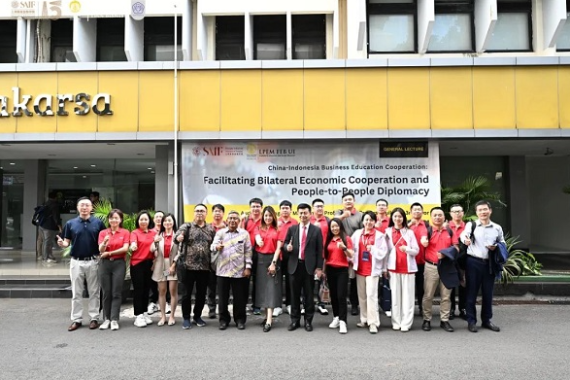
February 22, 2024
Business Education Cooperation and Chinese Enterprises Investing in ASEAN
On January 9th, the Shanghai Advanced Institute of Finance (SAIF) at Shanghai Jiao Tong University and the Faculty of Economics and Business at the University of Indonesia (FEB UI) jointly held a Seminar on Business Education Cooperation and a Forum on Ch
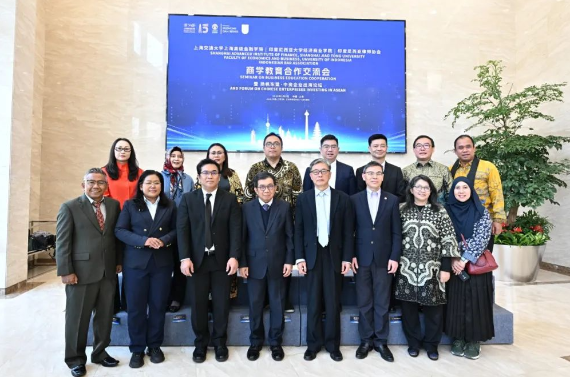
January 23, 2024
SAIF Recruits Young Professors at ASSA Annual Meeting
On January 5, 2024, a delegation of professors from the Shanghai Advanced Institute of Finance (SAIF) attended the Allied Social Science Associations (ASSA) Annual Meeting in San Antonio, Texas. The group organized a reception, hosted by the American Fina
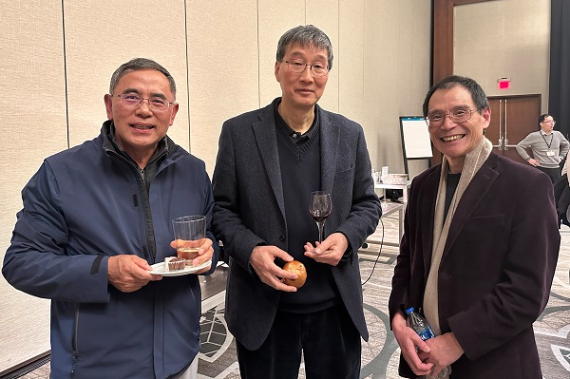
January 19, 2024
2023 China Sustainable Investment Development Forum
On December 23, 2023, the Shanghai Advanced Institute of Finance (SAIF) hosted the “2023 China Sustainable Investment Development Forum” at its Xuhui campus.
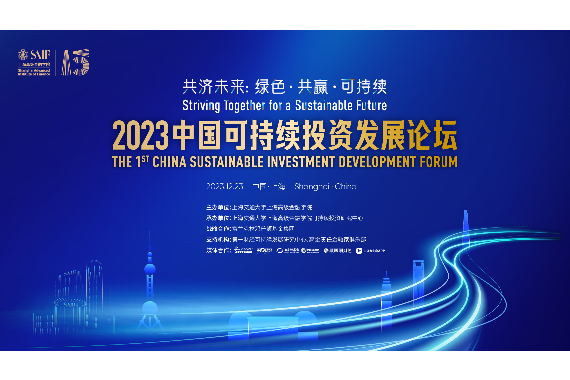
January 18, 2024
Mayor Zheng Gong's Visit to SAIF
On December 22, 2023, Zheng Gong, the Mayor of Shanghai, visited both SAIF and CEIBS at Shanghai Jiao Tong University (SJTU). He was accompanied by Vice Mayor Dong Xie, SJTU Communist Party Committee Secretary Zhenbin Yang, SJTU President KuiLing Ding, an
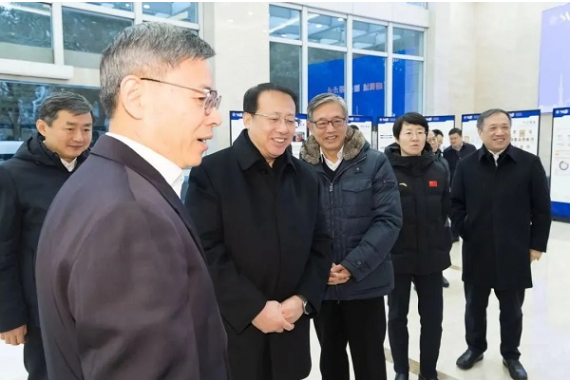
December 26, 2023
SAIF GES XII Program Commences with Opening Ceremony
On November 23, the Shanghai Advanced Institute of Finance (SAIF) held the opening ceremony for cohort XII of the Global Executive Scholarship (GES) program. Attendees included SAIF leadership, faculty from Arizona State University’s Carey Business School
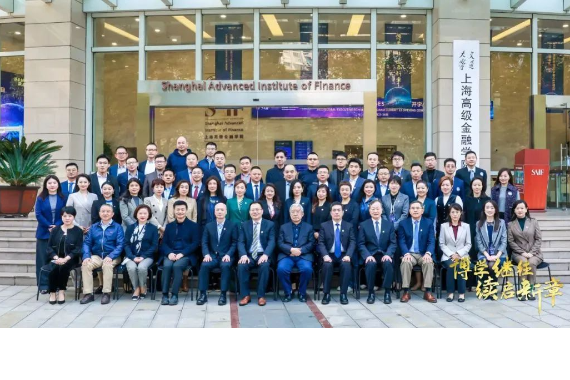
December 25, 2023
2023 SAIF Wealth Management Forum Convenes
On September 29, the Shanghai Advanced Institute of Finance (SAIF) hosted the 2023 Wealth Management Forum, along with the release of the "Report on China Residents' Investment and Financial Management Behaviors".
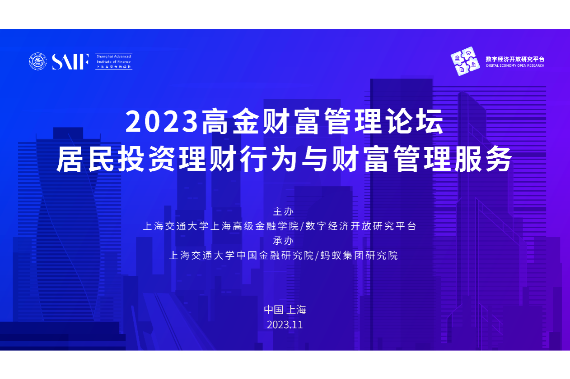
December 24, 2023
Strategic Cooperation Agreement Signed Between SAIF and AICPA & CIMA
On November 23, 2023, the CGMA Annual Awards and CFO Forum was held in Pudong, Shanghai. Shijun Cheng, Executive Dean of the Shanghai Advanced Institute of Finance (SAIF), delivered a keynote address and signed a strategic cooperation memorandum on behalf
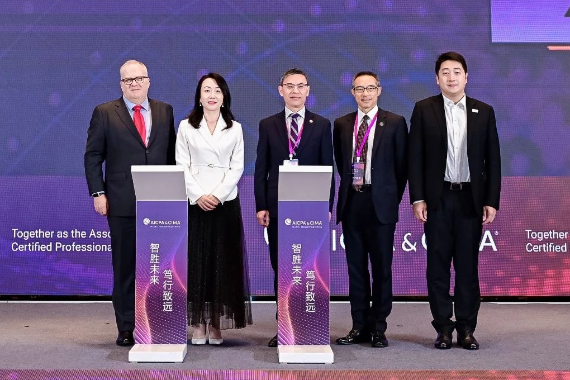
November 29, 2023
Columbia University Delegation Visits SAIF
On November 5th, 2023, a delegation from Columbia University visited the Shanghai Advanced Institute of Finance (SAIF) at Shanghai Jiao Tong University. The delegation was led by Senior Vice Provost Soulaymane Kachani, Dean of Student Affairs Jenny S. Mak
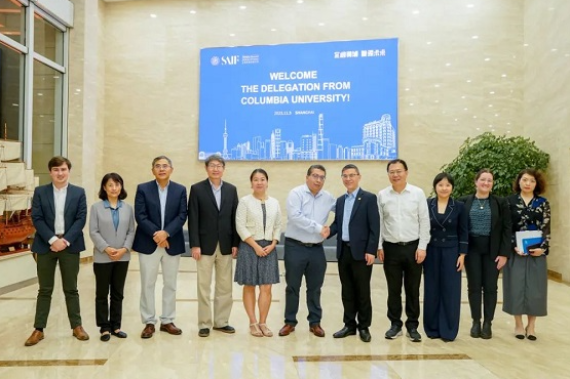

211 West Huaihai Road
Shanghai 200030, China
Tel: +86 21 6293 3500
9th Floor, Building T6, Hongqiao Hui
990 Shenchang Road
Shanghai 201106, China
3rd Floor, Building D, Chenfeng Building
800 Tongpu Road
Shanghai 200062, China
5th Floor, West Tower, World Financial Centre
1 Dong San Huan Middle Road
Chaoyang District, Beijing 100020, China
Tel: +86 10 5081 5880
1203 Tower 7, One Shenzhen Bay
Nanshan District, Shenzhen 518000, China
Tel: +86 755 8663 8815
© Shanghai Advanced Institute of Finance All Rights Reserved.


Top